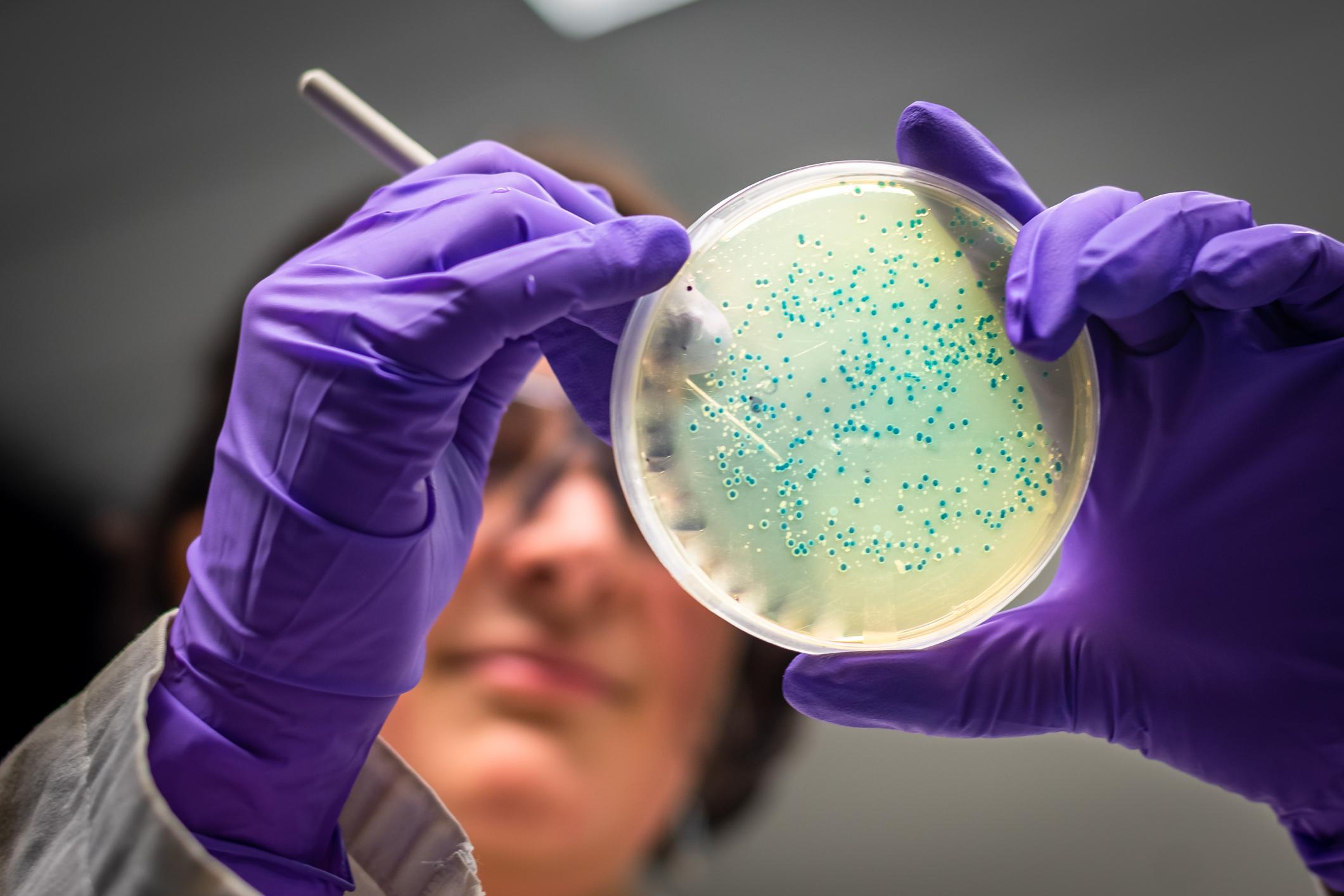
The World Health Organization (WHO) has published its report on antibiotic resistance which it considers “a serious threat of global proportions”.
This report tells us that antibiotic resistance is a widespread phenomenon around the world. It would affect all populations, regardless of age or sex.
Should we be worried?
What is antibiotic resistance?
Antibiotics were designed to fight bacteria and infectious diseases. Unfortunately, too much antibiotic consumption, almost systematic prescriptions, bad dosage or poor compliance have fostered the resistance of these bacteria. The latter were able to detect antibiotics and thus deploy a whole defense mechanism. Some would be able to resist in part or in whole to all antibiotics.
Drug resistance: a step backwards
This resistance to antibiotics is presented as very worrying because it would take us back years. Dr Keiji Fukuda who is WHO’s Deputy Director General for Health Security said: “Unless the many actors involved act in an urgent, coordinated fashion, the world is heading into a post-antibiotic era, where common infections and minor injuries that have been treated for decades could kill again.”
It calls for prevention and emergency precaution regarding the production, prescription and use of antibiotics. A reflection and a radical modification of our sanitary practices seem to be required.
It is at the individual level that changes should be activated. Politicians, health professionals, public health organizations, citizens, all must make a considerable effort not to prescribe or abuse antibiotics, in which case drug resistance would only worsen.
In the meantime, there are simple ways to avoid the consumption of antibiotics, such as respecting basic health rules: washing your hands regularly, for example …
|
Sources: World Health Organization |
















